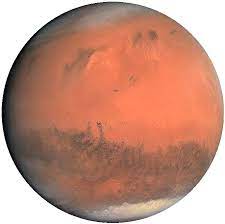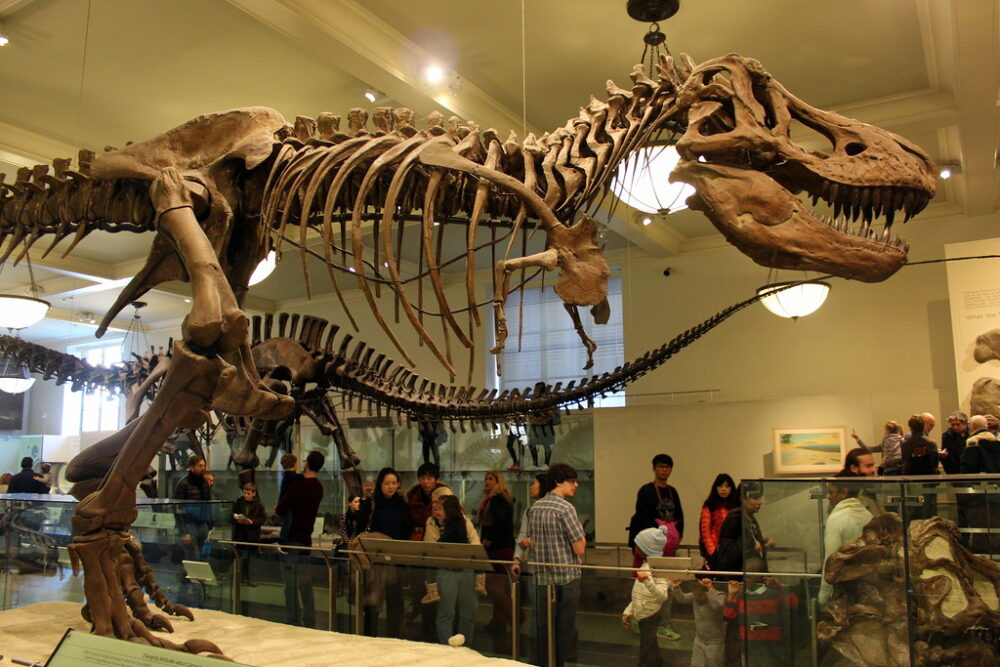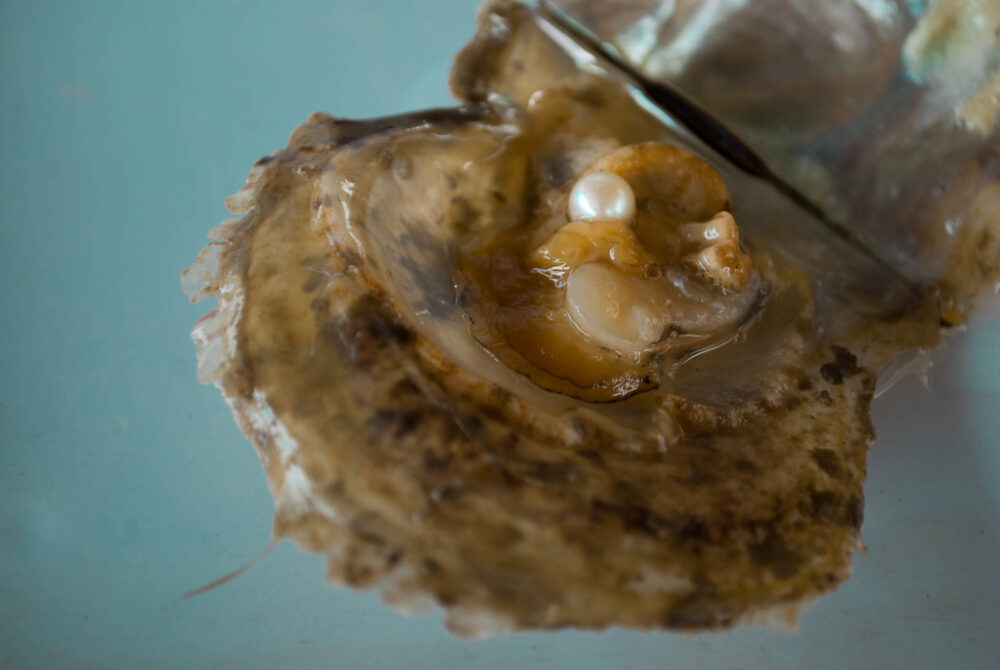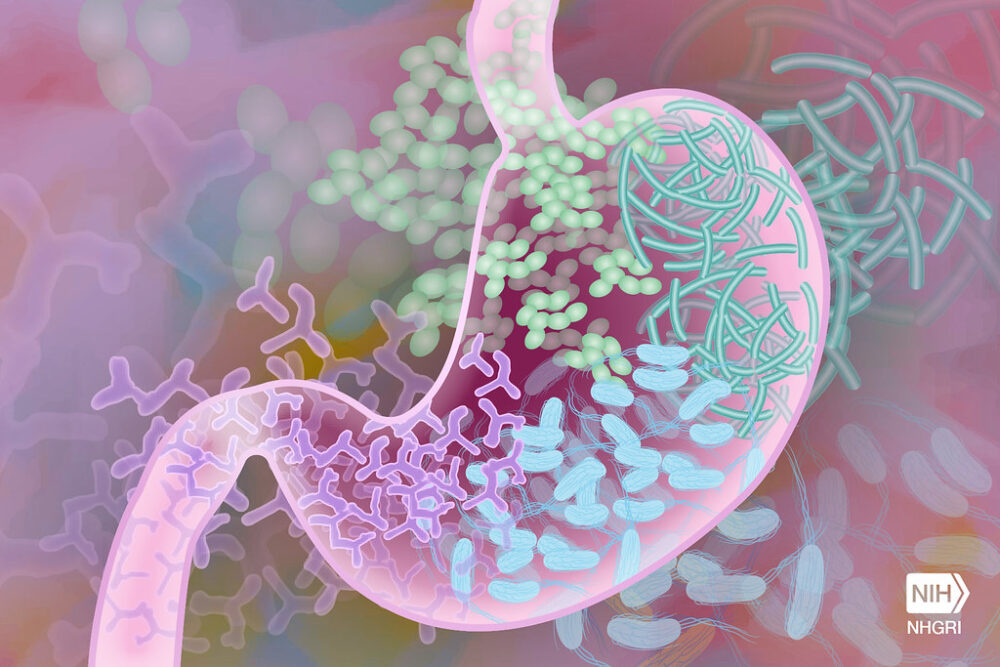Sending humans to Mars: Outlook, barriers, and timeline
The United States has landed nine payloads on Mars — the fourth planet from the sun, with a reddish-brown coloration — dating all the way back to 1976. And yet, no human has ever set foot on Mars. Although Earth’s and Mars’ days are approximately equivalent lengths, many stark differences exist between the two celestial […]
Sending humans to Mars: Outlook, barriers, and timeline Read More »








